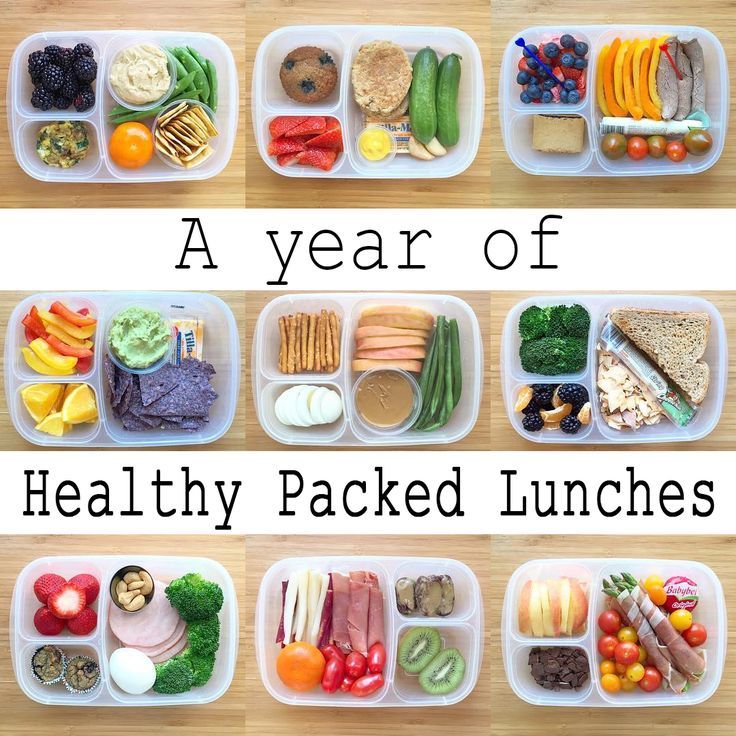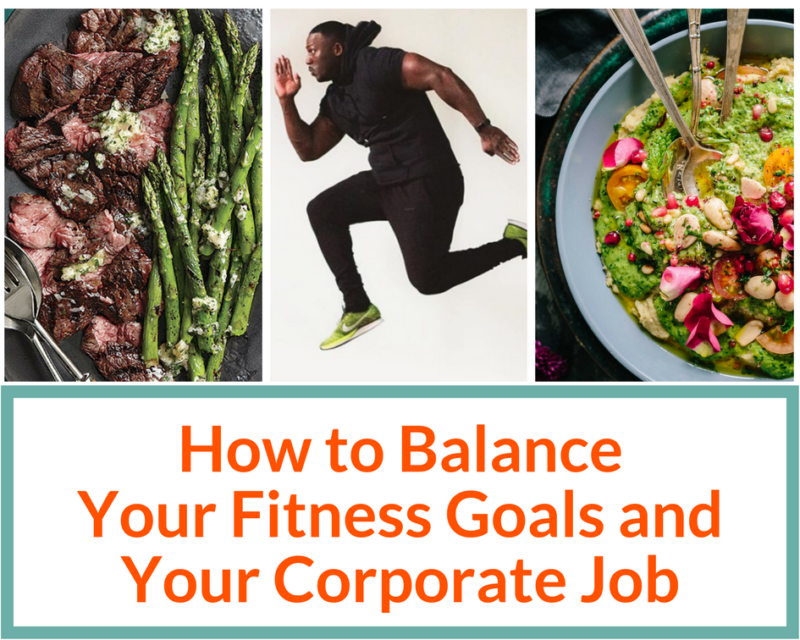Setting fitness goals while working in the corporate world is definitely a challenging and balancing act. Most of us have a weekly workout schedule. Well, one we are at least “supposed” to follow…
We all know that the struggles and pressures at work aren’t always regular stuffs like approaching deadlines, difficult clients or performance reviews.
Most of the time, it’s the pressure to stick to your health and fitness goals in the face of pizza luncheons, work celebrations, and after-work happy hour.
You see, life is quite unpredictable and it’s just natural that sometimes we won’t be able to make time to visit the gym and stick to our work schedule—especially with a corporate job.
Yes, it may seem impossible to reach your fitness goals when you sit at a desk all day, unexpected meetings come up, late long hours working, and if you’re traveling for work to those god-awful hotel gyms that you have to make the best out of.
You are not at all alone.
I not only understand your frustration but I’ve also experienced it first hand back in my pharmaceutical sales rep days. So, I came up with this article on how I balanced my fitness goals while having a corporate job. Below is how I did it.
Happy Hour Drinking Tips
Now, your next happy hour is about to get a lot happier! You don’t need to stop socializing after your corporate job shift just because you are conscious of those alcohol calories. It turns out there’s actual science that proves moderate drinking can give you a weight loss boost. Besides, recent studies show that certain alcohols can slow the growth of fat cells and trigger your body to burn calorie.
Now, your next happy hour is about to get a lot happier! You don’t need to stop socializing after your corporate job shift just because you are conscious of those alcohol calories. It turns out there’s actual science that proves moderate drinking can give you a weight loss boost. Besides, recent studies show that certain alcohols can slow the growth of fat cells and trigger your body to burn calories.
Hence, moderate drinking may help regulate insulin. Sounds crazy? Sure!!!
But, your wine habit may actually ward off diabetes. Hard to believe right? Well, that’s because of Ethanol—the stuff that gives alcoholic beverages their alcohol content actually improves your body’s response to the hormone insulin.
Your body even adapts to booze when you drink regularly, provided you drink in moderation!
The key word here is moderation. Moderation in my book is 1-2 times per week.
OF COURSE IT ALL DEPENDS ON THE TYPE OF DRINK YOU ARE DRINKING. I actually wrote an article on the alcohol with the lowest calories. >> READ HERE<<
So next time, go ahead and socialize with your friends and co-workers over any booze from my article above with a guilt-free face. Also, be sure to plan for the calorie intake. If you know that you’re going to have a long week put your beverage of choice in Myfitnesspal first and then surround yourself with healthy foods around your drink.
This will ensure that we keep our end goal in mind!

Fitting Fitness Into Your Day
Another concern of those in the corporate industry while pursuing their fitness goals is getting behind in work due to time spent at the gym.
To dive deeper into this, let’s answer this burning question first:
How much time do you really need to spend in the gym?
When you’re motivated to exercise and determined to get results, spending extra time at the gym may seem like a good idea — but more exercise is not necessarily better. Finding a balance between duration, intensity and recovery will get you the best results while sparing you from the adverse effects of overtraining.
For example, If your interest is simply cardiovascular fitness without concern for weight loss, the American College of Sports Medicine recommends 30-minutes of moderate-intensity aerobic exercise five days per week. However, according to Sahand Rahnama of the University of Michigan Medical School, it is not until after 40 minutes of aerobic exercise that your body shifts to recruiting mostly fat for fuel.
Remember, spending too much time exercising can result in overtraining syndrome. This includes symptoms like irritability, apathy, sleep disturbances, loss of appetite, and moodiness. Ensure you spare enough time to allow your muscles recover.
A good 30-minute to 2 hours workout would be enough. So technically, it won’t need to take too much precious work time.
In fact, you can split up the times you workout. Have a 30-minute cardio session in the morning and do an hour of weights in the evening.

You see, life is quite unpredictable and it’s just natural that sometimes we won’t be able to make it and stick to our schedule.
So, what do you do in those cases? Do you just skip your workout? Not at all.
Here are a few consequences of not working out:
- Working out gives you a jolt of energy. Hence, you will miss this extra energy and feeling of well-being by skipping your exercise.⠀
- Skipping your exercise will probably leave you feeling guilty, especially if you have done it a couple of times in a row.
- Working out would have kept your fitness momentum intact. Growing your momentum is super important because the more you feel the urge to exercise the less you would want to skip out on it. Skipping workouts kills your momentum.
My advice 👇🏾
I recommend having a set plan B of workouts when you’re pressed for time and plan A doesn’t fit.
- Create a program that’s short in duration. If your workout takes 1 hr long try a HIIT workout that only lasts 15 min.
- Location independent. You can workout anywhere and anytime of the day!
- Equipment free. So you can do this easily without preparation.
Sources:
https://www.prevention.com/eatclean/drinking-while-dieting
https://www.livestrong.com/article/462121-how-long-should-you-work-out-at-the-gym/








Leave A Comment